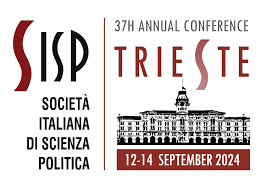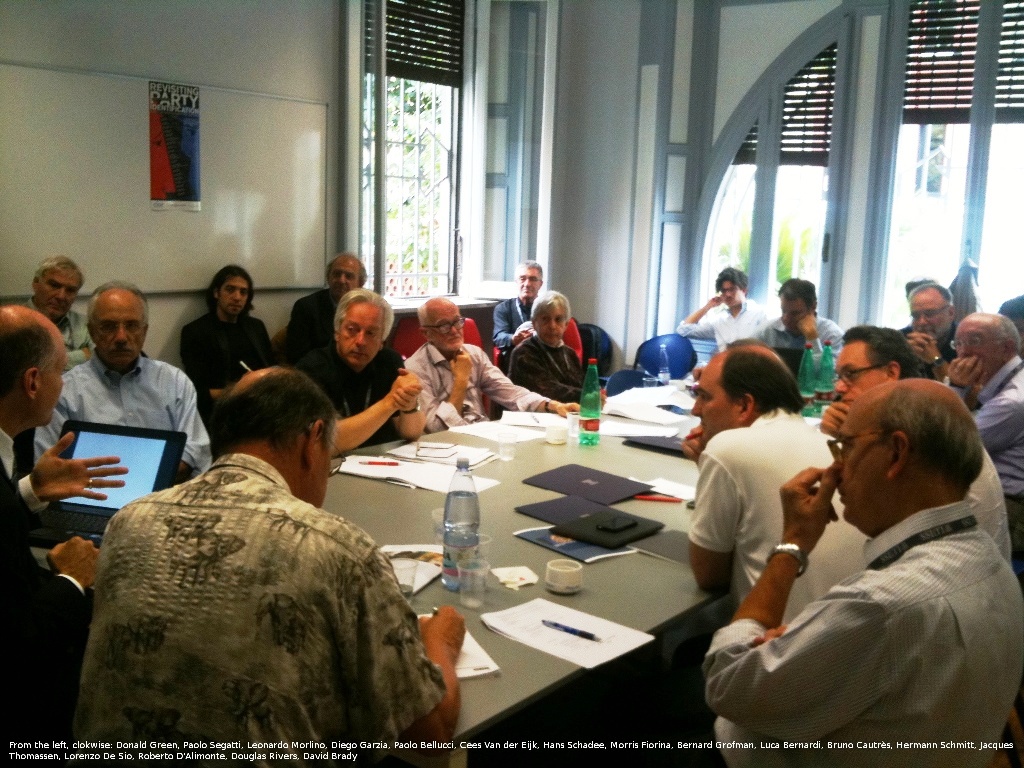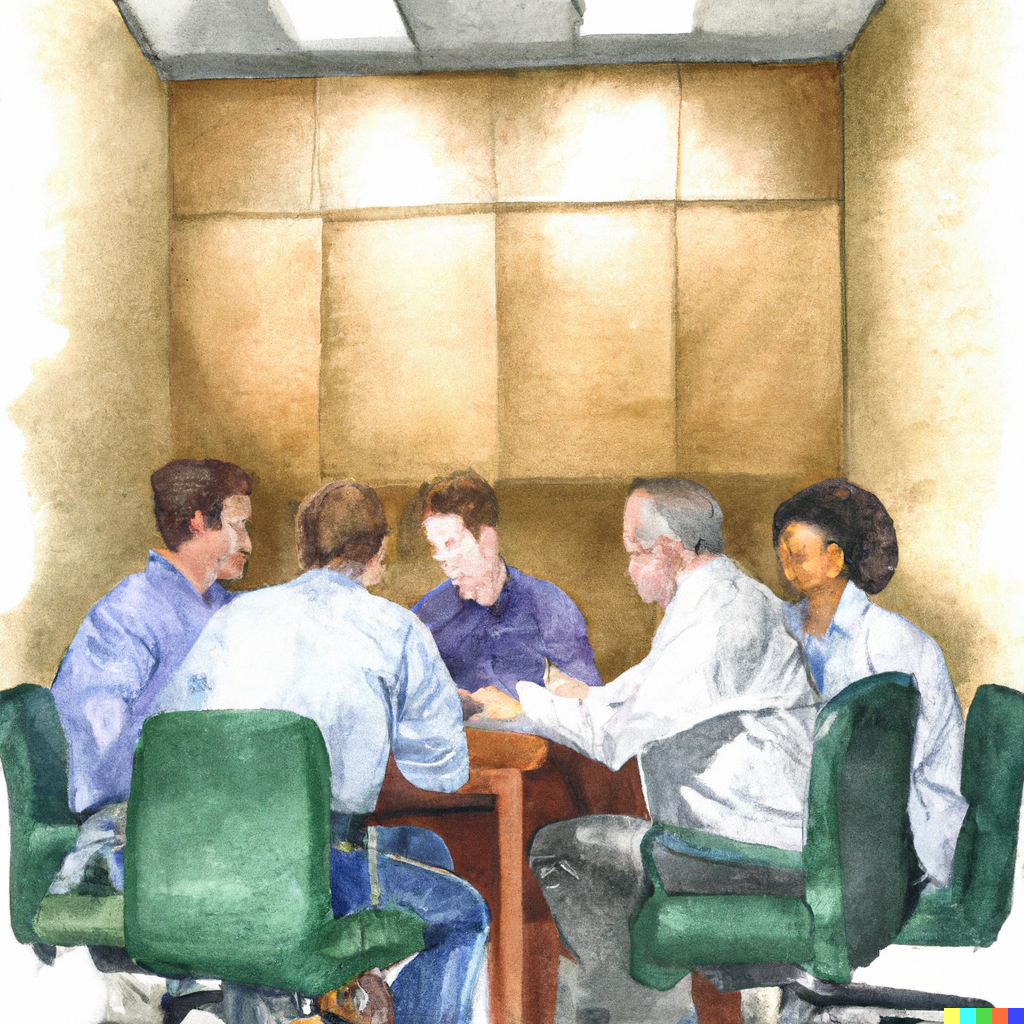This year, the annual conference of the Italian Political Science Association (SISP), the most important event for political science in Italy, will take place from September 12 to 14 at the University of Trieste.
The conference will feature a dedicated panel on the POSTGEN project. This panel will be a key moment for discussion, presenting the project’s initial results, its innovative research design, and some of the important methodological innovations it has introduced.
The panel is scheduled for: Friday, September 13, at 9:00 AM in Room 4C (BUILDING H2BIS – 4th floor – Via A. Valerio n.12).
In-depth interviews
The POSTGEN 2024 Summer Meeting
On July 23rd, the University of Florence hosted the summer meeting of the POSTGEN project.
The meeting provided an opportunity for all project members to discuss the progress of the project, analyze preliminary results, and plan future activities.
After the leaders of the various work packages reported on their activities, the research team members discussed the preliminary findings from the qualitative interviews and the school survey.
Finally, the group discussed the next steps to be taken to complete the research.
The 2024 POSTGEN Spring mixed-methods convergent assessment meeting
To ensure seamless integration between these methods, an initial interim meeting was held today—conducted online—where preliminary results from the in-depth interviews were presented.
The findings from this meeting will be used to refine the dimensions to be explored in the upcoming survey of the general population, which will take place during the 2024 European elections.
New postdoctoral researcher joins POSTGEN
Starting in March, Asia Leofreddi has joined the POSTGEN project as a new postdoc! She will be part of the “In-Depth Interviews” work package, where she will conduct interviews with young people and young adults to understand the meanings they attribute to their political reference points.
POSTGEN hiring! One post-doctoral position open at the University of Milan
A call is open from December 22, 2022 to February 6, 2023 (23:59 CET) for one twenty-month post-doctoral positions at the POSTGEN unit at the University of Milan (see the POSTGEN project description and the people involved in the project):
Profile description:
The selected postdoctoral researcher will be in charge for specific task related to the “School” project workpackage dedicated to the administration of a questionnaire high school students, to its analysis and to dissemination of the results to schools that participated at the study
The ideal candidates has:
◾ a background in empirical social research with quantitative and qualitative approach;
◾ interest and/or experience in educational research/youth studies;
◾ previous experience in analyzing quantitative and/or qualitative data in one or more of the topics covered by the researched (youth and voting behavior, values and attitudes, political generations, political socialization, etc.);
◾ participation to projects with mixed method research design;
◾ some record of scientific publications;
◾ English and Italian language skills;
The selected researcher will actively cooperate with the project team, and will be offered the possibility of a fully-fledged research experience within the POSTGEN project, including full participation to research activities and to the dissemination of the project, ranging from participation to international conferences to significant opportunities for scientific publications on international journals.
The “In-Depth Interviews” POSTGEN Component
A dedicated “In-Depth Interviews” POSTGEN work package will produce in-depth interviews with young people to explore the meanings they attribute to their political reference points (in particular left and right, progressive and conservative).
An innovative trait of the WP will be in tracing back young people’s beliefs to their political biography, with special attention to political socialization (Zuckerman/Dasovic/Fitzgerald 2007). This requires participants to have had the possibility of acquiring some political experience, resulting in a target population between 25 and 35.
The WP will use semi-structured interviews, combining a predetermined set of open questions with a focus on specific themes.
A tentative list of topics ranges from political socialization to participative profile (in formal and non-formal political environments), electoral career (party choice and non-voting motivations), structure of political attitudes, conceptualization of the political space, meanings and relevance of ideological references, representation of political and social conflicts, perception of adult society, generational relationships and prevailing rhetoric on young people’s role in the public domain.



